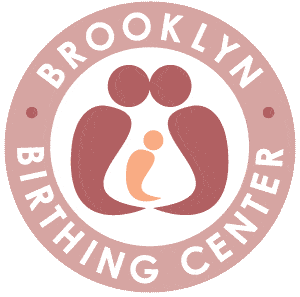Many birth professionals and parents-to-be are curious about the results of the ARRIVE trial, a clinical study that compared elective induction of labor at 39 weeks to “expectant management” (or waiting for labor to begin naturally).
The study, entitled, “Labor Induction versus Expectant Management in Low-Risk Nulliparous Women,” was published in the New England Journal of Medicine in August of 2018. The authors concluded that induction of labor at 39 weeks resulted in “a significantly lower frequency of cesarean delivery.”
This conclusion has sparked controversy among health care providers. The American College of Nurse-Midwives cautions that the ARRIVE results cannot be generalized to all pregnant people in all health care settings, and argues that “there are a number of potentially negative implications when we disrupt the normal physiological processes of labor and birth.”
This infographic outlines some criticisms of the ARRIVE trial. In this video, Rebecca Dekker, RN, PhD, of Evidence-Based Birth discusses the ARRIVE trial in detail. If you are curious about the ARRIVE trial or the risks and benefits of elective induction, please talk with your healthcare provider.
